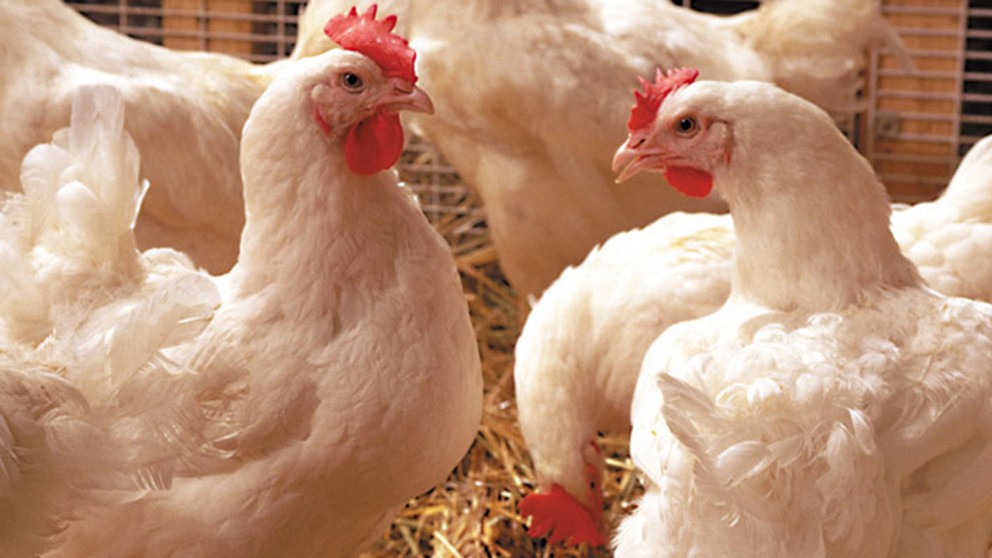USMCA Secures Greater U.S. Access to Canada Chicken Sector

With negotiations under the new United States-Mexico-Canada Agreement (USMCA) complete, and despite the fact Canada’s chicken sector is giving up additional access, chicken farmers are relieved that a year of uncertainty for the future of the agricultural landscape in Canada is over.
The USMCA makes fundamental changes to how imports are administered, and ensures continued stability for farmers, while guaranteeing the United States access to our market. This will result in an increased market access of over 12 million kilograms. This comes on top of the additional access granted under the CPTPP agreement and the existing WTO access, representing more than 10.7% of our existing production.
It is important to note that the Canadian chicken sector has always been a strong presence within international trade. As the 14th largest importer of chicken in the world, our imports enter Canada duty-free or at a very low tariff.
“It will be more important now than ever for the government to ensure that it maintains its commitment to ending existing practices that currently cost the Canadian chicken industry thousands of jobs and millions of dollars”
“The Canadian chicken sector is a leader in food safety and animal care. It sustains over 87,000 jobs, and contributes $6.8 billion to Canada’s Gross Domestic Product. That’s all thanks to the stability provided by supply management,” says Benoît Fontaine, Chair of Chicken Farmers of Canada. “While there is more being given to the already substantial market access in our sector, we look forward to working with the Government of Canada in order to implement changes that are in the best interest of Canada’s chicken farmers.”
With this in mind, it will be more important now than ever for the government to ensure that it maintains its commitment to ending existing practices that currently cost the Canadian chicken industry thousands of jobs, millions of kilograms in production, millions of dollars in revenues and millions of dollars in GDP contributions to the Canadian economy. These current practices include being able to import unlimited quantities of chicken by importing broiler chicken and falsely declaring it as spent fowl, and allowing companies to substitute high-value imported cuts with low- value domestic cuts for re-export.
Chicken Farmers of Canada was also very disappointed to learn about the unprecedented additional access that Canada had to concede for dairy products and shares the concerns that these changes will impact the overall supply management system in Canada.
When increased levels of market access are granted to supply management sectors, it weakens the import control pillar of the system, which allows farmers to safely predict imports and ensure that they produce enough to satisfy our country’s needs.
“Without a predictable level of imports, and when more access is given, production decreases in Canada,” says Fontaine, “This results in lost jobs, lost production and decreased consumer access to Canadian-raised products, not to mention the reduction in the contribution to Canada’s economy.”
Over 90% of Canadians believe that supply management is important for Canada’s dairy, poultry and egg farmers, and that it is important for the government to support them. Given the contributions that supply management makes to the economy, food safety, animal care and research, it makes great sense to preserve it.
Source: Chicken Farmers of Canada












